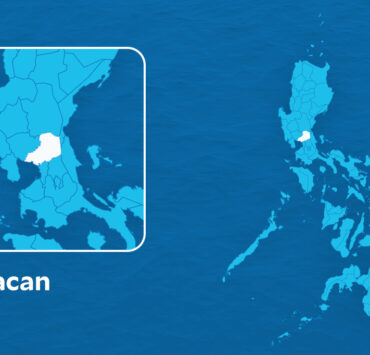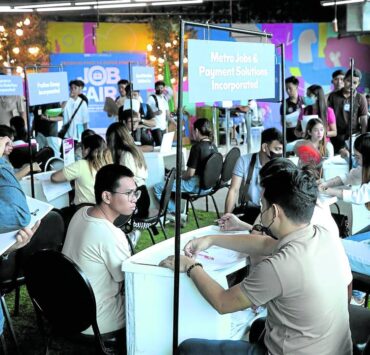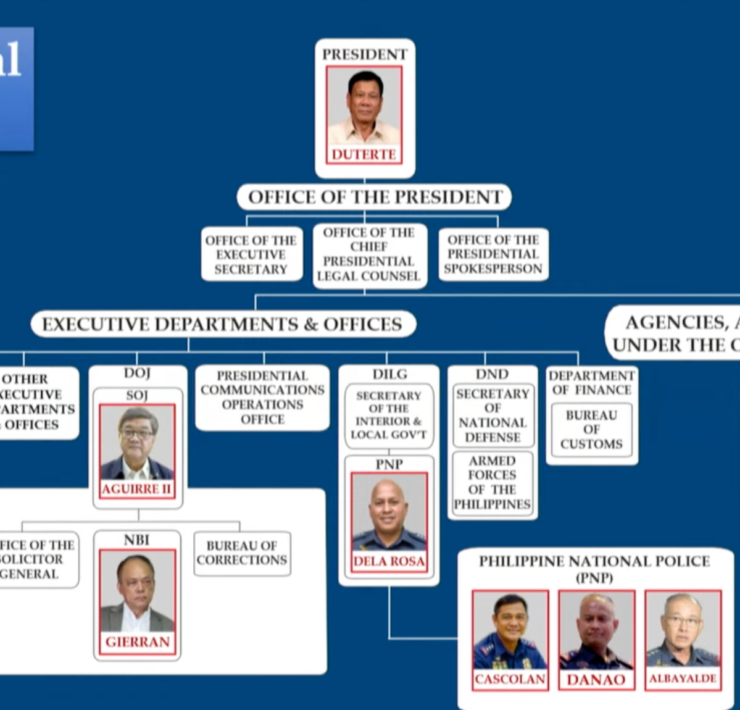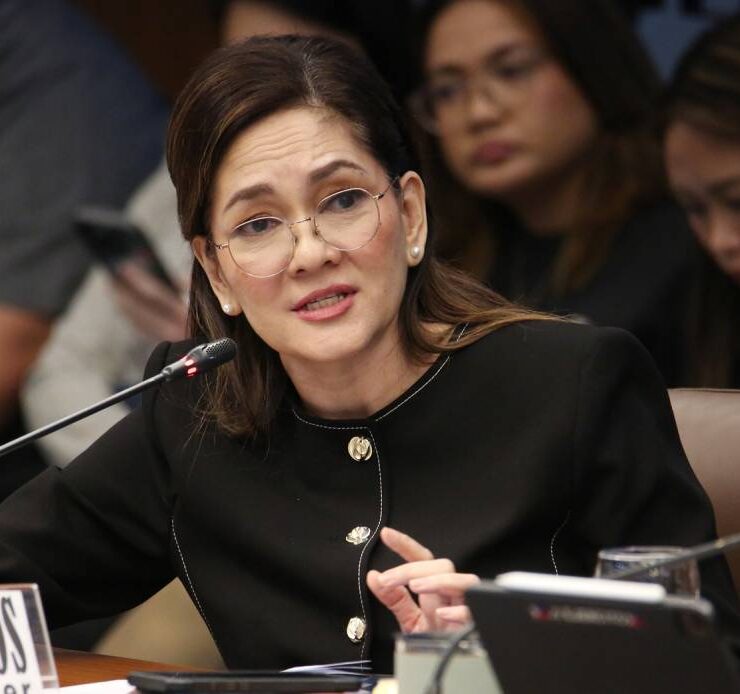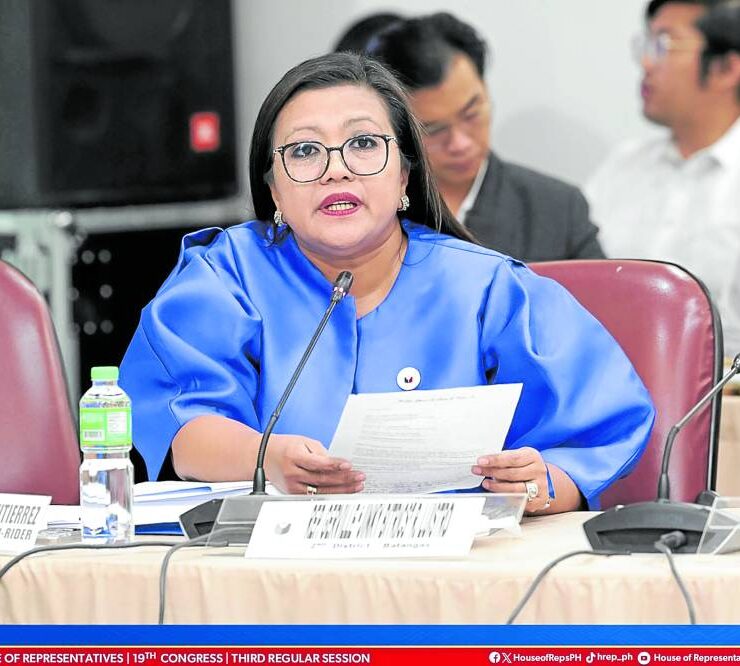ICC decries US sanctions on 4 judges
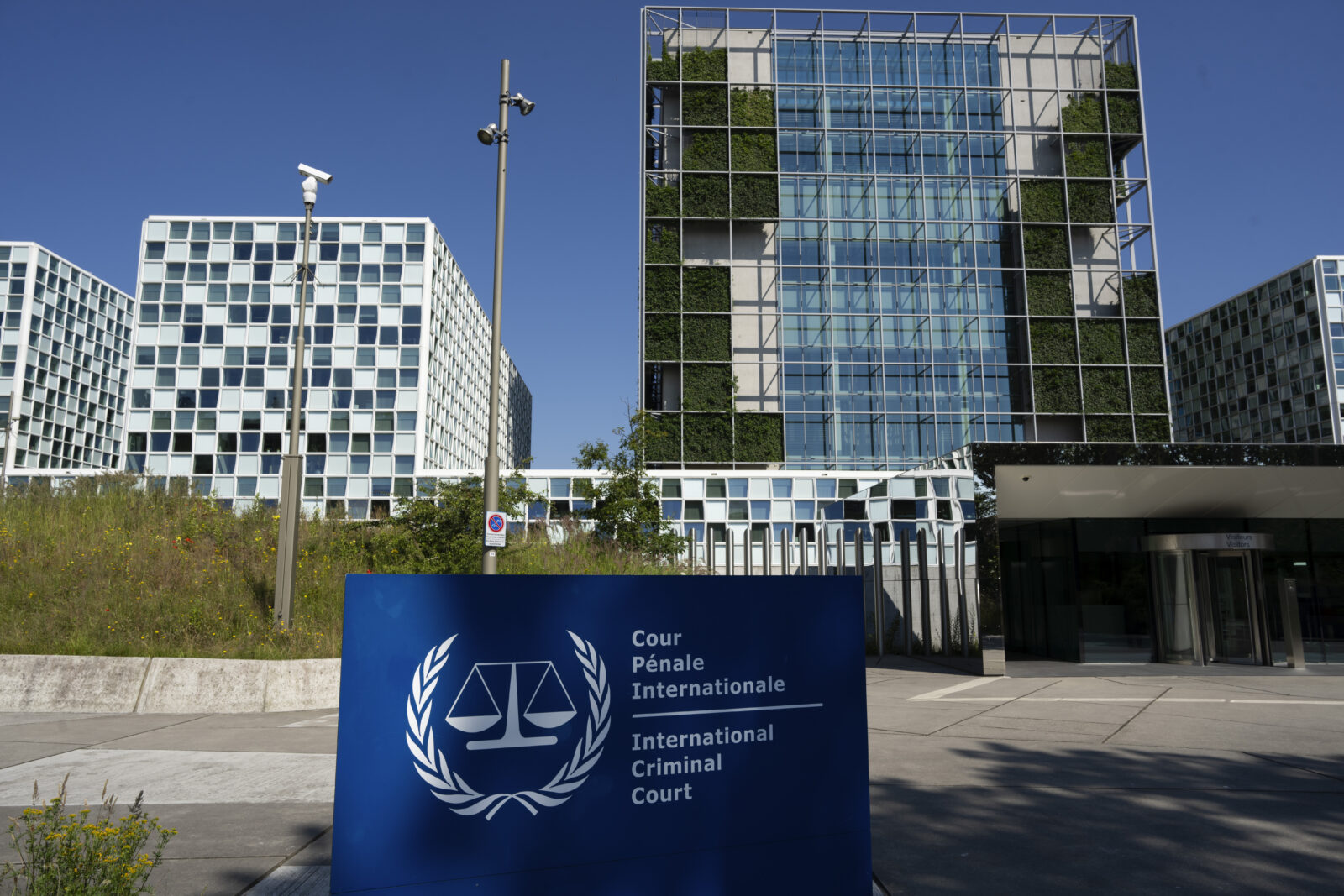
The International Criminal Court (ICC) has denounced the fresh sanctions of the United States on its personnel, this time against four female judges, calling it a move to undermine the judicial independence of The Hague-based tribunal.
The subjects of the US penalties included Beninese Judge Reine Adelaide Sophie Alapini-Gansou, one of the three judges at the Pre-Trial Chamber (PTC) I handling the crimes against humanity of murder case against former President Rodrigo Duterte.
The other judges facing sanctions are Judges Solomy Balungi Bossa and Luz del Carmen Ibáñez Carranza, both of the Appeals Chamber; and Beti Hohler of Trial Chamber V.
In a statement released on Thursday night (early Friday morning in Manila), the ICC stressed the sanctions, which were triggered by the arrest warrant issued in November last year by the international tribunal against Israeli Prime Minister Benjamin Netanyahu, “does nothing to help civilians trapped in conflict.”
“These measures are a clear attempt to undermine the independence of an international judicial institution which operates under the mandate from 125 state parties from all corners of the globe,” the ICC said just hours after US Secretary of State Marco Rubio announced the directive from US President Donald Trump.
Acting like a rogue state
“The ICC provides justice and hope to millions of victims of unimaginable atrocities, in strict adherence to the Rome Statute, and maintains the highest standards in protecting the rights of suspects and the victims,” it added.
What these measures only do, ICC noted, is “embolden those who believe they can act with impunity.”
Rubio said the new sanctions were in compliance with Executive Order No. 14203 on Feb. 6 this year, which included entry ban and the blocking of property and assets of the four judges. He cited their role in investigating and prosecuting American and Israeli nationals “without consent” from authorities of the United States or Israel, respectively.
He also accused the judges of “illegitimate and baseless actions” that supposedly target America and its ally Israel.
“The United States will take whatever actions we deem necessary to protect our sovereignty, that of Israel, and any other US ally from illegitimate actions by the ICC,” Rubio said in his statement on Thursday.
Inquirer columnist and ICC-accredited lawyer Joel Butuyan said that, while the sanctions have no impact on Duterte’s case, ICC member countries “should come out and issue a public statement of support for the ICC, denounce the US and Israel, and fortify protection and support for ICC officials.”
“They have to show to the world that it is the US that’s acting as a rogue state with its blanket support for Israel despite all the evidence of genocide and war crimes,” Butuyan told the Inquirer.
More evidence vs Du30
The United States’ latest sanctions followed the same punitive measures imposed against ICC Prosecutor Karim Khan through the same executive order signed by Trump in February.
In a related development, the Office of the Prosecutor (OTP) has turned over to the legal team of Duterte more than 100 pieces of evidence, mostly involving drug war killings at the barangay level during his time as president.
However, the particulars of the items, which comprise the seventh batch of evidence disclosed by the prosecution to the defense, are kept confidential from the public, according to a June 4 document from the OTP.
The filing of the prosecution to the PTC revealed that it shared on May 30 with Duterte’s team, led by Nicholas Kaufman, three new sets of evidence totaling 129 items.
The latest batch of evidence followed the 90 items comprising the sixth batch of prosecution materials shared to the defense on May 23.
Duterte is detained at the ICC detention center in the Hague while waiting for his next court appearance in September, where the PTC would determine whether he should be tried for crimes against humanity of murder.














